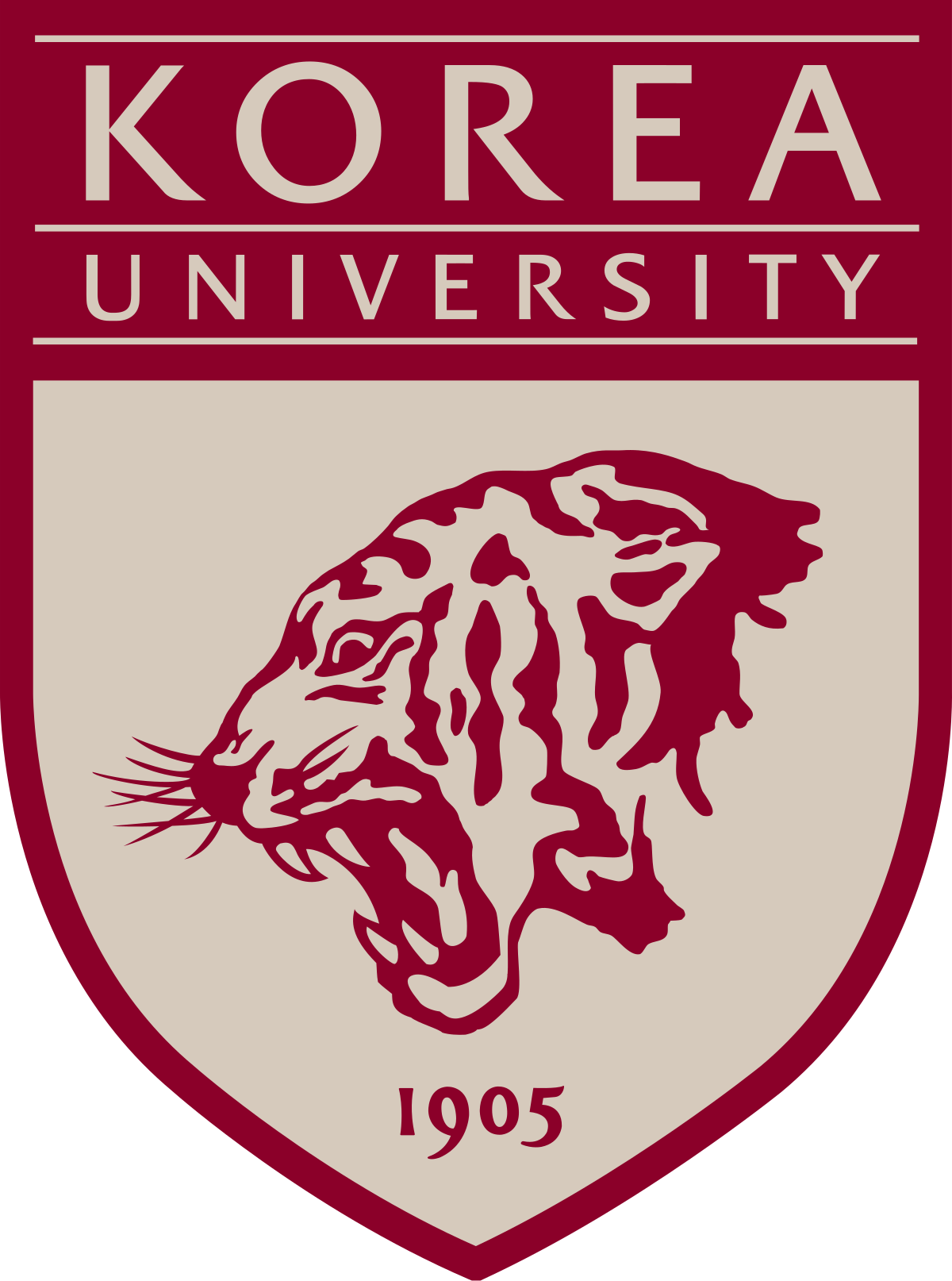Cornell University
Explore the rich history and evolution of Cornell University through a detailed timeline that highlights major events, significant milestones, and influential figures. Delve into Cornell's founding principles, academic achievements, and contributions to society from its establishment in 1865 to the present day.
Cornell University Chartered
Cornell University was officially chartered on April 27, 1865. The university was founded by Ezra Cornell and Andrew Dickson White in Ithaca, New York. The idea was to establish an institution where "any person can find instruction in any study." This was a revolutionary concept during the time, focusing on nonsectarian, practical, and liberal education, departing from the classical education norms of other Ivy League universities.
Opening Day at Cornell
Cornell University officially opened its doors to students on October 7, 1868. The opening ceremony was a significant event, with more than 400 students and as many as 1,200 older visitors present. At the time, there was substantial public interest in the university's revolutionary approach to education, as well as its inclusive policy of admitting students regardless of religious affiliation, ethnicity, or gender.
Willard Straight Hall Takeover
On April 19, 1969, members of the Afro-American Society took over Willard Straight Hall on the Cornell campus in response to racial issues and demands for an Afro-American studies program. The armed occupation lasted 36 hours. The event highlighted racial tensions within the university and led to widespread discussions about race relations and diversity in higher education, marking a significant change in university policies and programs.
Arecibo Observatory's Upgrade Completed
Although not located on the Cornell campus, the Arecibo Observatory in Puerto Rico was managed by Cornell University until 2011. On October 16, 1983, a major upgrade to the observatory’s 305-meter radio telescope was completed. This upgrade was crucial for enhancing its capabilities in radio astronomy, atmospheric science, and radar observations of planets.
September 11 Memorial Convocation
Following the September 11 terrorist attacks in 2001, Cornell University held a special convocation to honor the victims, including the twelve Cornell alumni who lost their lives. The event brought students, faculty, and alumni together to grieve and reflect on the impact of 9/11. It marked a moment of unity and remembrance as part of the university's broader response to the national tragedy.
Cornell Tech Announced
On October 25, 2011, Cornell University announced plans to establish a major new applied sciences and technology campus in New York City. Named Cornell Tech, the campus focuses on cutting-edge research, technology commercialization, and academic collaboration. The program aims to drive the New York economy and position Cornell as a leader in the field.
Cornell Clock Tower Restoration
The iconic Cornell Clock Tower, formally known as McGraw Tower, underwent significant restoration and was rededicated on September 13, 2014. This project involved the refurbishment of the clock mechanism, repairs to the bell fittings, and structural improvements to the tower itself. The restoration preserved the iconic status of the tower, which is home to the Cornell Chimes played by chimesmasters.
Large Hadron Collider Reopens with Cornell's Help
On March 7, 2015, the Large Hadron Collider at CERN was restarted after a two-year upgrade period, and Cornell University played a significant role. Cornell physicists contributed to developing equipment and analysis software crucial to the experiments conducted at CERN. The role of Cornell researchers was pivotal in enabling new high-energy physics discoveries, maintaining Cornell's reputation in scientific research and collaboration.
Cornell Climate Action Plan Initiated
On June 15, 2017, Cornell University took significant steps toward sustainability by initiating its Climate Action Plan. This comprehensive plan outlines the university's commitment to becoming carbon neutral by 2035. It includes investments in renewable energy, sustainable campus operations, and research on new energy technologies. The initiative solidifies Cornell's position as a leader in higher education sustainability.
Student Assembly Approves Free Menstrual Products
On October 23, 2018, the Cornell Student Assembly passed a resolution to provide free menstrual products in campus bathrooms. This decision was driven by a commitment to improve gender equity and student well-being at the university. By addressing menstrual equity, Cornell joined a growing movement in higher education institutions focused on providing essential resources to students free of charge.
Frequently asked questions about Cornell University
Discover commonly asked questions regarding Cornell University. If there are any questions we may have overlooked, please let us know.
When did Cornell first open its doors to students?
Who were the founders of Cornell University?
When was Cornell University founded?
What is significant about the founding of Cornell University?
Related timelines
More timelines connected to Cornell University



